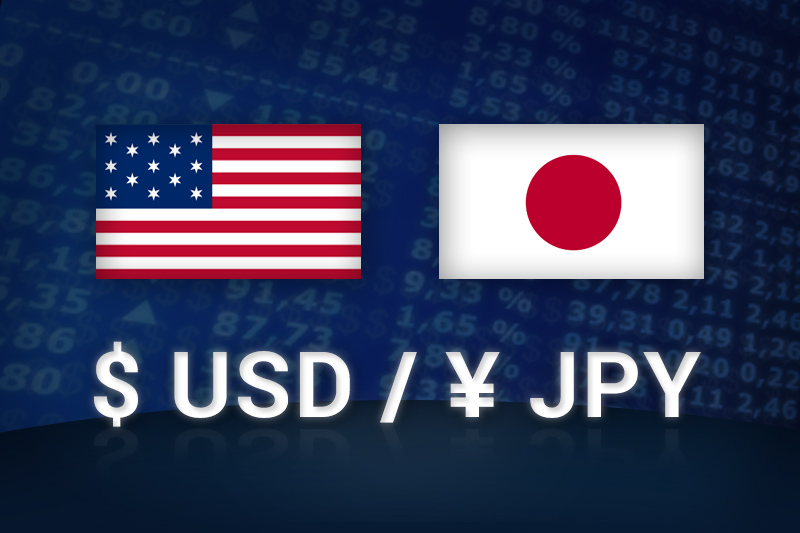Investing.com - The dollar fell against the yen on Friday after the Bank of Japan said it would make no changes to its monetary stimulus policy.
Weak consumer sentiment data out of the U.S. pressured the dollar lower against the Japanese currency as well.
In U.S. trading on Friday, USD/JPY hit 78.68, down 0.83%, up from a low of 78.61 and off a high of 79.51.
Support for the unit was seen at 78.21, the low on May 31, and resistance seen at 79.51, the earlier high.
The Bank of Japan has said it will make no changes to its JPY40 trillion asset-purchasing fund, which kept the yen firm.
Meanwhile, downward pressures on the U.S. dollar fueled even more demand for yen.
The Thomson Reuters/University of Michigan's preliminary reading on the overall index on consumer sentiment fell to 74.1 in June from to 79.3 in May, Reuters reports.
The number fell short of a 77.5 reading predicted by a Reuters poll of economists.
Weak factory data out of the U.S. pressured the greenback down as well.
The Federal Reserve reported that industrial production fell to -0.1% in May from 1.0% in April, whose figure was revised down from 1.1%.
The numbers kept sentiment alive the Federal Reserve will consider stimulus measures at its next monetary policy meeting June 19-20 to spur the economy, which could weaken the dollar in the process.
In Europe, Greece will hold elections on Sunday, and a strong showing among leftwing Syriza politicians could open the door to a Greek exit from the eurozone down the road.
Talk that central banks around the world are ready to inject liquidity into global financial systems and ease credit conditions in Europe after Greece's elections pressured the dollar downward as well.
The yen, meanwhile, was up against the pound and up against the euro, with GBP/JPY down 0.24% and trading at 123.18 and EUR/JPY down 0.87% and trading at 99.37.
Markets will digest the outcome of the Greek elections next week.
On Tuesday of next week, the Federal Reserve begins its monetary policy meeting.
Weak consumer sentiment data out of the U.S. pressured the dollar lower against the Japanese currency as well.
In U.S. trading on Friday, USD/JPY hit 78.68, down 0.83%, up from a low of 78.61 and off a high of 79.51.
Support for the unit was seen at 78.21, the low on May 31, and resistance seen at 79.51, the earlier high.
The Bank of Japan has said it will make no changes to its JPY40 trillion asset-purchasing fund, which kept the yen firm.
Meanwhile, downward pressures on the U.S. dollar fueled even more demand for yen.
The Thomson Reuters/University of Michigan's preliminary reading on the overall index on consumer sentiment fell to 74.1 in June from to 79.3 in May, Reuters reports.
The number fell short of a 77.5 reading predicted by a Reuters poll of economists.
Weak factory data out of the U.S. pressured the greenback down as well.
The Federal Reserve reported that industrial production fell to -0.1% in May from 1.0% in April, whose figure was revised down from 1.1%.
The numbers kept sentiment alive the Federal Reserve will consider stimulus measures at its next monetary policy meeting June 19-20 to spur the economy, which could weaken the dollar in the process.
In Europe, Greece will hold elections on Sunday, and a strong showing among leftwing Syriza politicians could open the door to a Greek exit from the eurozone down the road.
Talk that central banks around the world are ready to inject liquidity into global financial systems and ease credit conditions in Europe after Greece's elections pressured the dollar downward as well.
The yen, meanwhile, was up against the pound and up against the euro, with GBP/JPY down 0.24% and trading at 123.18 and EUR/JPY down 0.87% and trading at 99.37.
Markets will digest the outcome of the Greek elections next week.
On Tuesday of next week, the Federal Reserve begins its monetary policy meeting.
